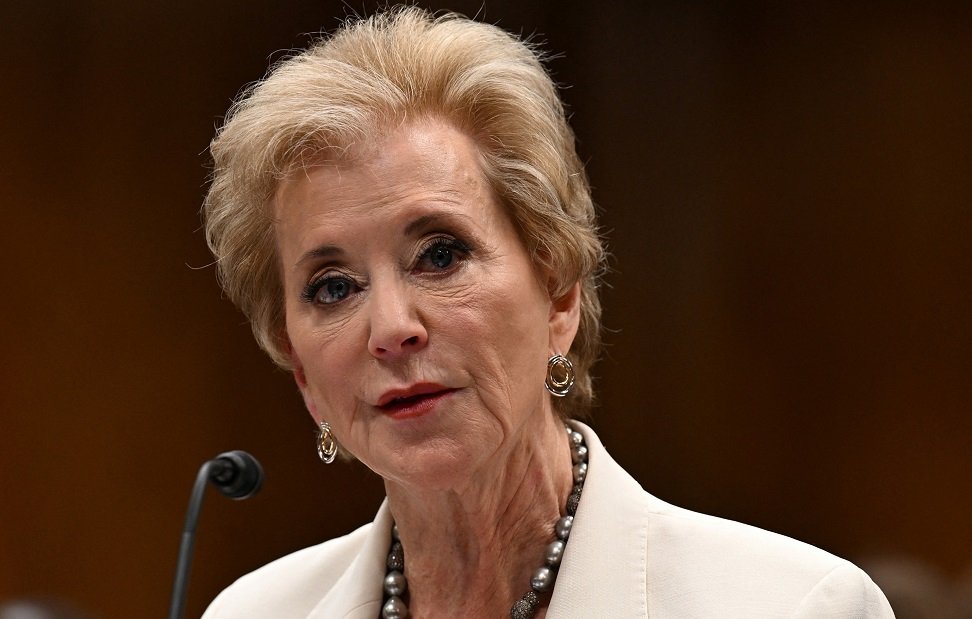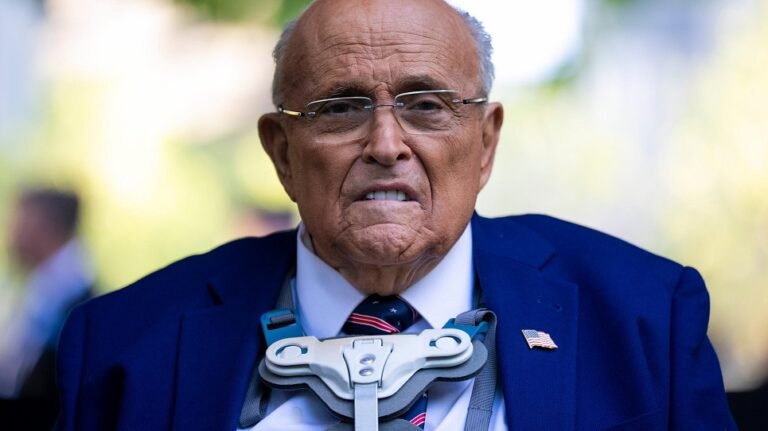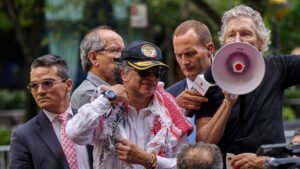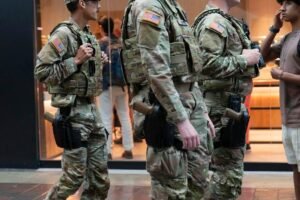When Linda McMahon stepped into her role as U.S. Secretary of Education earlier this year, critics warned that her tenure would likely be marked by bold, ideologically infused reforms. Now, with the unveiling of a sweeping “patriotic civics” initiative, those warnings are taking shape. McMahon’s plan to redirect federal resources toward patriotic and civic-focused education represents one of the most ambitious—and controversial—moves yet of her tenure.
At the core of her approach is the America 250 Civics Education Coalition, a new alliance launched under the Department of Education’s coordination that enlists more than 40 conservative organizations to help craft civic engagement and history programming. The coalition’s mission, as outlined by McMahon and the department, is to renew patriotism among young Americans, reinforce a shared understanding of founding principles, and revitalize civic knowledge in communities nationwide.
Under this scheme, McMahon proposes shifting budget priorities: allocating a larger share of discretionary grant funding to patriotic civics efforts, and scaling down support for teacher training programs she argues promote divisive or ideological frameworks. The department’s budget blueprint seeks to lift funding for the American History & Civics Education program from roughly $23 million to an amount as high as $160 million.
McMahon frames this pivot as not an imposition on school curricula, but a strategic investment in extracurricular and community partnerships: speaker tours on college campuses, teacher summits, student competitions, and civil discourse events across all 50 states. The department insists that the coalition’s work will supplement—not replace—what happens in classrooms.
But even as her vision takes shape, McMahon’s critics have raised counterarguments on several fronts. The fact that all coalition members are conservative institutions like Turning Point USA, Hillsdale College, the America First Policy Institute, and Moms for Liberty has prompted concerns about ideological capture of civic education. They argue that the absence of diverse or dissenting voices could lead to a one-sided narrative of American history that sidelines uncomfortable truths.
Others point out that though the coalition will not directly receive federal funds, the Department of Education’s role in coordinating events and leveraging infrastructure raises questions about how independent the “grassroots” programs truly will be. McMahon’s team pushes back, saying that while the department can catalyze partnerships, curricular control remains in the hands of states and local school districts.
This debate surfaces amid McMahon’s broader agenda to reduce federal oversight in education. She has repeatedly invoked the slogan of “returning education to the states,” promising a downsized Department of Education that grants more autonomy to local actors.
Indeed, just days prior, McMahon announced two new supplemental priorities for federal education grants—Meaningful Learning and Career Pathways & Workforce Readiness—intended to align grant funding with evidence-based instruction and stronger links to student futures in the workforce.
In public forums, McMahon has also pushed for restoring civility in political and social discourse through education. Speaking at an event hosted by the Ronald Reagan Institute, she encouraged teachers to help students “learn how to disagree”—teaching not just facts, but also shared norms of respectful discussion.
As McMahon drives her patriotic civics agenda forward, she is venturing into contested territory: the intersection of education, identity, and ideology. Whether her coalition can deliver balanced programming or whether it will be perceived as another partisan tool remains far from certain. But for now, the Education Department is making clear it intends to leave a mark—not merely by overseeing schools, but by reshaping how young Americans understand their country.














